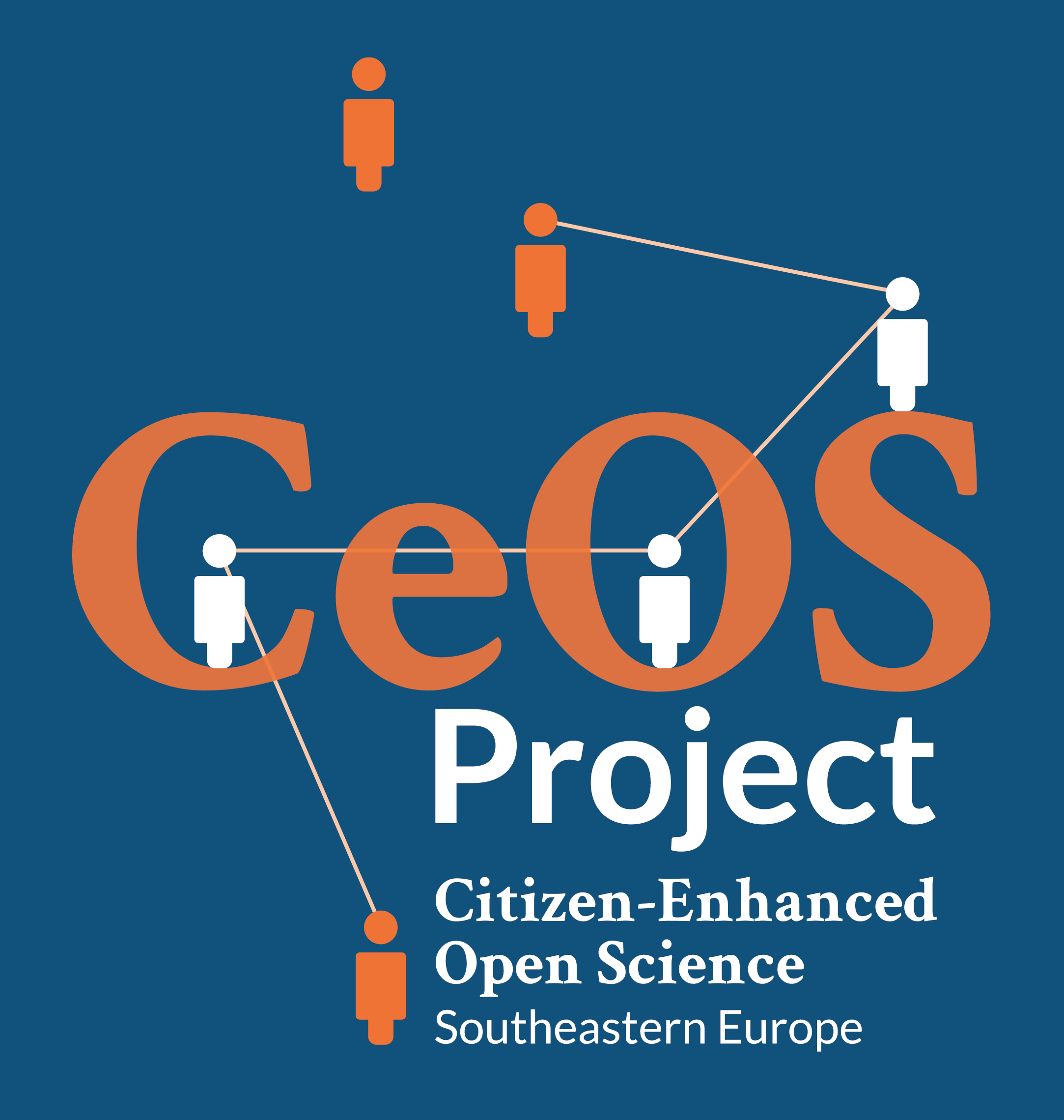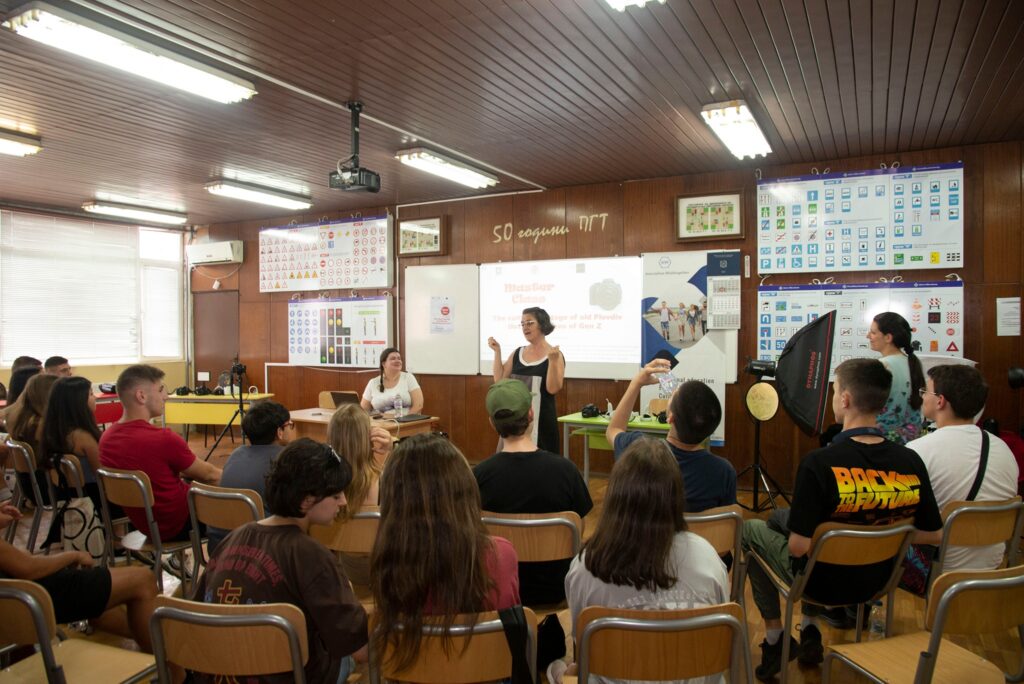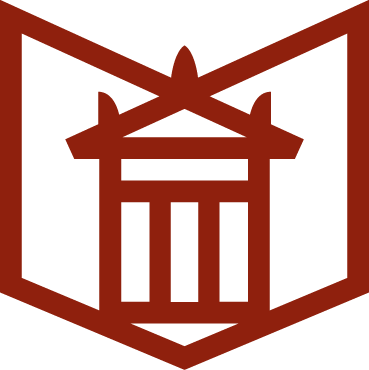Citizen science (CS) is a broad field with many aspects that confront the modern world with various challenges. The understanding and functions of the information society depend on the critical interpretation of the activities in this scientific field. ULSIT is a university that preserves spirituality and transmits it through the generations to move into the Third Millennium with the confidence that information technology will help people’s relationships, not divide them. In the new era, scientists are researching multiple subfields of CS with the sole purpose of improving their development processes and increasing their competencies. The university is an important part of the educational and scientific infrastructure of any country and plays a key role in the development of education and society.
ULSIT is a civic science educational centre that provides education to students who wish to understand the functioning of society, legal and political institutions, social processes. It prepares them to become competent professionals and active citizens. The focus is on research activity – they conduct studies, develop projects in the field of social sciences, politics, humanities, informatics, computer science, national security, and others. This knowledge is of essential importance to society because it offers solutions to real problems and supports social policy and the management of public resources.
In the work of the ULSIT’s team, civil activity occupies an important place – training, encouragement, and support. Master classes, training, initiatives are organized that help learners understand their rights and responsibilities and participate actively in public life in Bulgaria.
An important goal of CS at ULSIT is to establish cooperation with public institutions, non-governmental organizations, and other representatives of civil society. This cooperation includes consultations, training, research projects, and other common activities with public goals with other higher schools, Bulgarian Telegraph Agency, business organizations.
Hence, CS at the university has a key role in the development of society – it provides opportunities aimed at understanding and improving various aspects of civil society.
In today’s world, where we face continuous social, political, and cultural challenges, the role of CS and young scientists is becoming more and more essential. CS, as a multifaceted field, studies social phenomena, structures, and processes, seeking to understand and improve the social aspects of life. Young scientists are the innovators, the critical creators, ready to explore and enrich our knowledge of the world around us. Young people in CS, holding hands, are changing society.
CS informs about the complex problems that modern society has to solve. It uses methods of scientific inquiry and analysis to examine the social life, political processes, cultural trends, and economic factors that shape our societies. In a broader aspect, it provides guidance for the formulation of public policies and strategies to solve problems such as poverty, inequality, the environment, and many others, which is a huge contribution of ULSIT.
Young scientists represent the future of science and education. They are people of intense enthusiasm, courage, and thirst for knowledge. Young scientists are equipped with innovative ideas and can cross boundaries in scientific research. Their youthful perspectives and diversified interests make them extremely valuable assets for the development of citizen science in today’s Bulgaria.
Young scientists from ULSIT investigate current social and political problems with new and unexpected perspectives. This promotes the integration of knowledge and methods from different scientific fields, which can lead to a comprehensive understanding of problems and the search for complex solutions, i.e., the application of the interdisciplinary approach in training, inspiration for an active civic position, and striving for new scientific results and achievements.
ULSIT programs study political systems, power, management, political processes, analyse states and political institutions, their functions and influence on society. Students understand how the law regulates the behaviour of citizens and how it is applied in practice. The cultures, languages, customs, traditions of different communities around the world are included in the curricula. Emphasis is placed on ethics, examining moral and ethical issues related to society and the individuals within it. Thus, civic science helps to understand the complex social and cultural dynamics that shape society, providing tools to analyse and interpret the behaviour of people, institutions, and structures in society. Research and analysis conducted in CS contribute to solving social problems and improving public policies in the interest of citizens. These are all unique educational opportunities that help students develop critical thinking, analytical skills, and understand important aspects of the world around them.
Modern society cannot do without CS because it helps us to be better people, to think positively, to create scientific evidence and analyses that help to solve social problems and to maintain a healthy and functioning information society.
Author: Evelina Zdravkova, ULSIT











